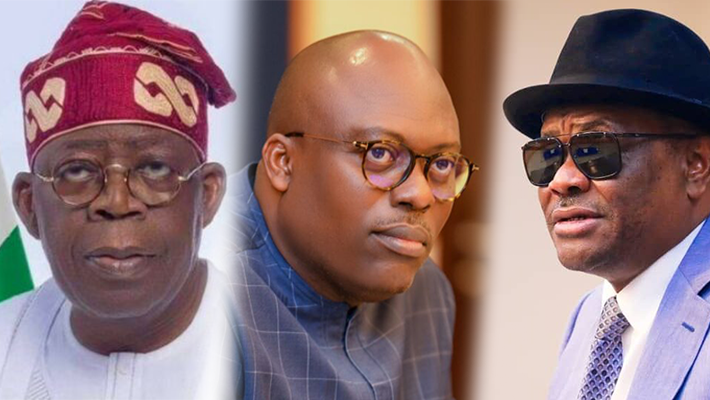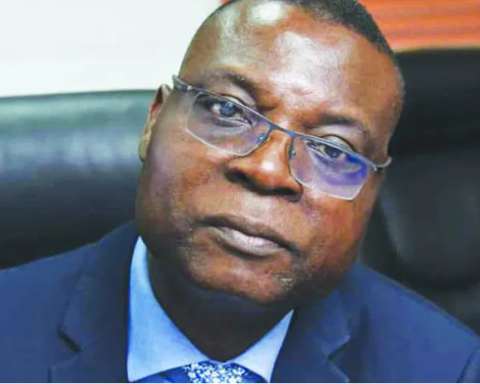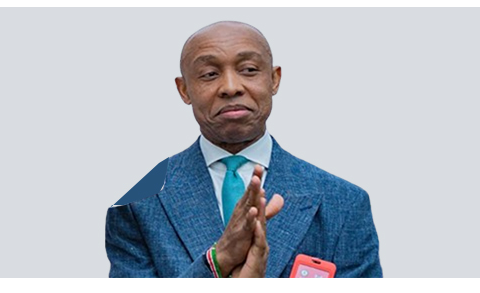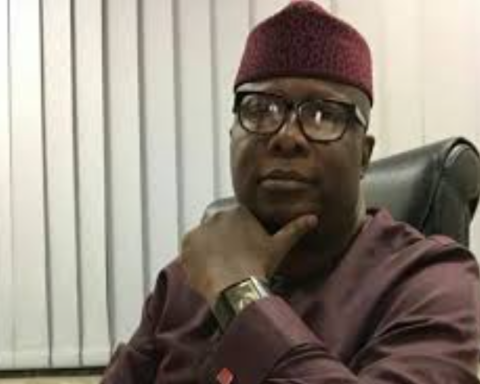Thursday, 18 September 2025, Rivers State returns to democratic governance after six months of federal emergency rule. President Bola Tinubu proclaimed the end of emergency rule in a statement today, with profuse justification of why it was necessary. Despite the president’s explanations however, questions remain about the real cause of the political collapse that led to the intervention.
While Governor Siminalayi Fubara and lawmakers are set to resume duties tomorrow, the key political figure behind the turmoil — former Governor and current FCT Minister Nyesom Wike — has quietly emerged unscathed.
This explainer dives into the true roots of the Rivers crisis, how federal powers were deployed to stop it, and why godfatherism, not just constitutional breakdown, was the real threat to democracy.
What triggered the emergency?
President Bola Ahmed Tinubu declared a state of emergency in Rivers State on 18 March 2025, citing a complete breakdown of governance.
At the time, the Rivers State House of Assembly was split. Only four lawmakers backed Governor Fubara, while 27 others supported Speaker Martins Amaewhule, who led opposition efforts against the governor. The Assembly refused to consider the state budget, crippling governance.
The result was near-total paralysis. Oil pipelines were vandalised, as claimed by federal officials. The economy stalled. Public safety was threatened. Even before the proclamation, the Supreme Court ruled that there was effectively no government in Rivers State.
Fubara vs. Wike: the hidden war
Everyone however knew that what appeared to be a constitutional crisis was, in fact, a high-stakes political power struggle.
At the heart of the conflict was former Governor Nyesom Wike, now serving as Minister of the Federal Capital Territory. Widely seen as the man who handpicked Fubara to succeed him, Wike expected to maintain control of the state through his protégé.
But Governor Fubara began asserting independence shortly after taking office in 2023. This displeased Wike, who allegedly activated his loyalists in the State Assembly to undermine the governor. The 27 lawmakers reportedly acted as Wike’s political proxies, initiating moves to impeach Fubara and deny him budgetary access.
This was not just a fight over policy — it was a battle over who truly controls Rivers State.
The Federal Government steps in
When attempts to reconcile the two camps failed, President Tinubu invoked Section 305 of the Constitution and imposed emergency rule. The offices of the Governor, Deputy Governor, and State Assembly were suspended for six months.
In his statement today, the President said the move was necessary to “arrest the drift toward anarchy.”
He thanked the National Assembly for backing the decision, and commended Rivers people and traditional rulers for their cooperation. He also praised the new “spirit of understanding” among political stakeholders that led to the decision not to extend emergency rule beyond 17 September. The president’s enthusiasm contrasts sharply with the reality on the ground. At a thanksgiving service to see off the Administrator sent to manage Rivers State for six months, all Rivers State stakeholders- including the gladiators Fubara and Wike- were conspicuously absent.
Tinubu’s silence on Wike — a strategic omission?
Despite being widely believed to be the architect of the crisis, Nyesom Wike was not mentioned once in the President’s statement.
Analysts say this was deliberate. As a key political ally who played a major role in President Tinubu’s 2023 election victory, Wike remains a powerful figure within the APC-led government. Openly blaming him would risk political fallout within the federal cabinet.
By focusing on institutional failure instead of naming names, the federal government avoided confrontation — but also sidestepped accountability.
Has the real crisis been resolved?
Emergency rule ends at midnight today, 17 September. Governor Fubara, Deputy Governor Ngozi Nma Odu, Speaker Amaewhule, and the 27 suspended Assembly members will return to office tomorrow.
But the fundamental power struggle remains unresolved.
Can Fubara now govern without interference? Or will the same lawmakers who previously tried to impeach him resume hostilities? Will Wike maintain control from Abuja — or has his influence been permanently weakened?
Observers say the next few weeks will be critical in determining whether Rivers State has truly turned a corner.
The danger of godfatherism
The Rivers crisis reignited the debate over the toxic influence of political godfathers in Nigeria. It’s a textbook case of what happens when powerful figures refuse to let go after leaving office.
Wike’s role as the “elephant in the room” throughout the crisis demonstrates how unelected individuals can still wield enormous power, often to the detriment of governance, stability, and democratic principles.
The Constitution was stretched to contain a political crisis that originated from internal party conflict, not state collapse. This raises concerns about future misuse of emergency powers in similar political disputes.
What next for Fubara?
Governor Fubara now has a chance to reset his administration — but only if he can survive the likely return of Assembly opposition. During the emergency period, he may have strengthened his own alliances. But his ability to govern will depend on whether the Assembly allows him to function.
If old divisions resurface, another confrontation could be on the horizon — this time, without the cover of federal intervention.
Final word
The end of emergency rule in Rivers State marks a return to constitutional order, but not necessarily to peace or good governance.
While President Tinubu has restored the structures of democracy, the decision to leave Wike’s role unexamined sends a worrying message: that political godfathers can collapse a state and walk away untouched.
As Rivers reopens for business, the real test lies ahead — whether the people’s will, not one man’s influence, will define its future.



























